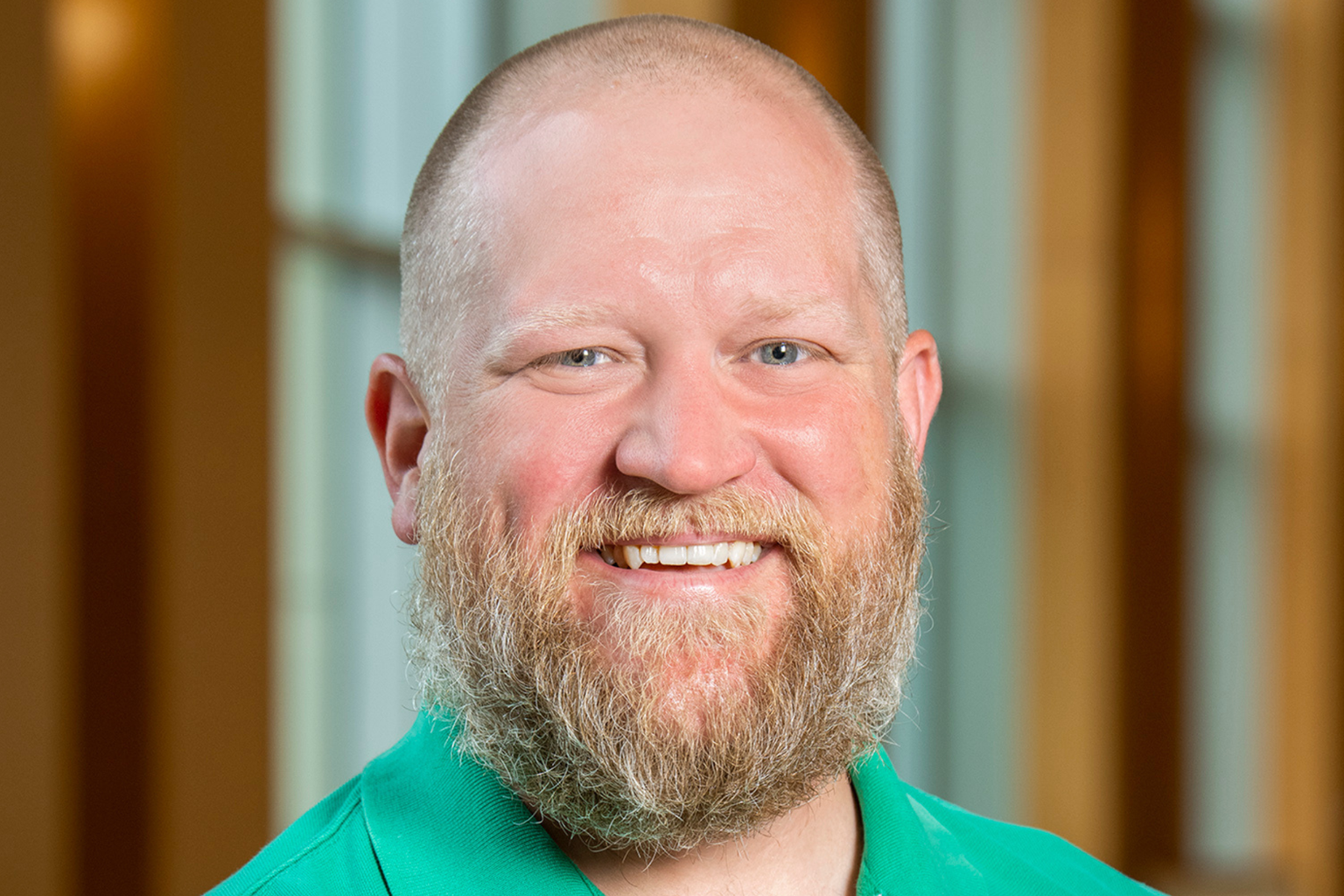News

07 March 2025
Road to Research: Q&A with Jeff Lange, Senior Research Scientist
"I hope to inspire early-career researchers to be curious and, in turn, have a far-reaching impact on humanity and human health as a whole."
Read Article
News
“There are few rewards as powerful and as elevating as making a clear, robust scientific observation that advances the field.”
What brought you to the Stowers Institute?
I first joined the Stowers Institute as a computer programmer tasked with helping researchers process and analyze their data. The position provided me with a rich set of experiences across many biological mysteries and new technologies. I soon fell in love with science: pioneering new knowledge, innovating new methodologies, and exploring how life works. After earning a doctoral degree from Harvard and spending several years as a lead scientist in the biotechnology industry, I rejoined the Institute to pursue more fundamental scientific questions and to build foundational technologies that will accelerate both research and medical advancements.
Why are you interested in your field of research?
RNA is a fundamental molecule of life, yet we are still in the early days of discovering how it functions and how it’s capable of so many varied biophysical tasks. We are learning RNA is far beyond just a message coding for proteins: it has structural-organizing functions that bridge interactions of other molecules; it can function as an enzyme to break and reform chemical bonds; and it can even fold around other molecules to release photons and glow in the dark. What are the physical principles behind RNA’s many capabilities? We want to create experiments that harness advanced technology to learn the secrets of how these molecules function.
What inspires you to keep working in your field?
As scientists we all play a role in expanding the knowledge and understanding of the universe. As biologists we are interested in developing knowledge more specifically about life. At a deep level, I am inspired to pursue the truth about our nature and contribute in any way I can toward our collective awareness and appreciation of life. Science is a torch relay of inspiration, where the discoveries of the past are chained together and built upon by the discoveries to come. It is incredibly exciting to carry the torch, for even a short time, as part of this grand legacy.
What have you found most rewarding about your work?
The most rewarding part of my work comes from the balance of short-term and long-term pursuits. On a daily and weekly basis, I have the opportunity to play helpful roles on various studies around the Institute. I am rewarded with the chance to learn new topics up-close, often with leaders and experts in the given field. It is quite rewarding to help move projects forward as part of a team. Being useful in the short-term helps balance out the highs and lows of longer-term projects that can span months to years. Long-term projects, however, do have a special reward: the thrill of discovery. There are few rewards as powerful and as elevating as making a clear, robust scientific observation that advances the field. Moments of discovery reward the persistence and hard work required in science and launch a new level of excitement in sharing the results with colleagues and the community.
What impact do you hope your research will have?
My hope is to significantly advance our understanding of RNA and life’s genetic processes so we can better comprehend the fundamental mechanisms of life. An improved understanding of normal function can help uncover the causes of disease and create options for better prevention and treatment. I hope to unlock major breakthroughs in new classes of RNA-based diagnostics that serve as early detection systems to limit disease onset and progression. I hope to advance the basic knowledge of the RNA molecule to optimally design safe and effective RNA therapeutics that can treat disease in programmable and personalized ways. I hope that my exploration into the vast and diverse RNA universe will reveal novel RNA behaviors that broaden our understanding of biological possibilities.
News

07 March 2025
"I hope to inspire early-career researchers to be curious and, in turn, have a far-reaching impact on humanity and human health as a whole."
Read Article
News
07 November 2024
"It excites me to know that, as a team, we can accomplish things that few people in the world can do, and the Institute enables us to do that by providing all the necessary resources."
Read Article
News

09 October 2024
"Every day presents a new challenge, a new question, and a new opportunity to positively impact the research community."
Read Article
